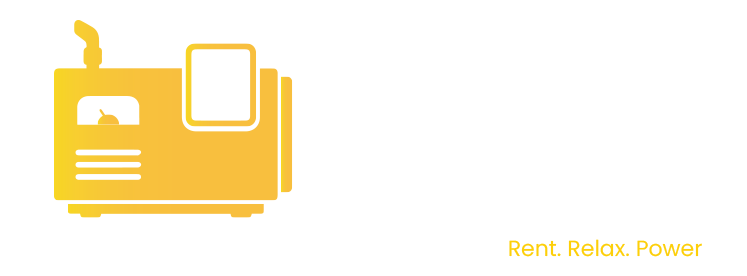Power outages, outdoor events, or remote construction sites often demand reliable temporary electricity. Renting a generator set (genset) can be a cost-effective and flexible solution—but only if you choose the right one. In this guide, we’ll walk you through everything you need to know about renting a genset, from sizing to maintenance.
Why Rent a Genset? Key Benefits
Renting a generator offers advantages over buying, especially for short-term needs:
Cost Savings: Avoid upfront purchase costs, maintenance, and storage.
Scalability: Scale power capacity up or down based on project demands.
Latest Technology: Access fuel-efficient, low-emission models without long-term commitments.
Emergency Backup: Ensure business continuity during grid failures or natural disasters.
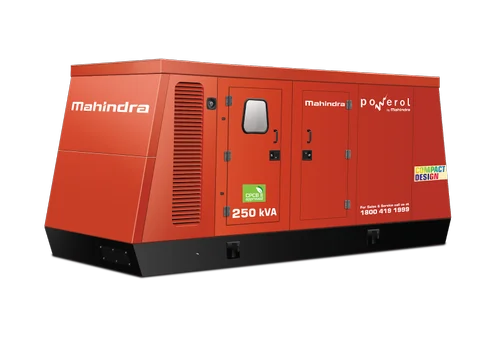
Types of Rental Gensets (and Their Best Uses)
Not all generators are created equal. Match your needs to the right type:
a. Diesel Gensets
Best for: Heavy-duty industrial use, construction sites, long-term projects.
Pros: Fuel-efficient, durable, ideal for continuous operation.
Cons: Higher noise levels, not eco-friendly.
b. Petrol/Gasoline Gensets
Best for: Small events, residential backup, short-term needs.
Pros: Affordable, portable, quieter than diesel.
Cons: Less fuel-efficient, higher running costs for prolonged use.
c. Inverter Gensets
Best for: Sensitive electronics (e.g., medical equipment, IT servers).
Pros: Stable power output, fuel-efficient, ultra-quiet.
Cons: Limited capacity for heavy machinery.
d. Solar-Powered Gensets
Best for: Eco-friendly events, remote locations with sunlight access.
Pros: Zero emissions, low operating costs.
Cons: Weather-dependent, lower output capacity.
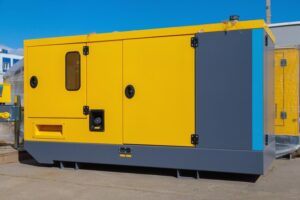
How to Calculate the Right Genset Size
Undersized generators overload and fail; oversized ones waste fuel and money. Follow these steps:
List all equipment/appliances: Note their starting (surge) and running wattage.
Total the wattage: Add running watts of all devices + the highest starting wattage.
Add a 20% buffer: Ensures safety and accommodates unexpected loads.
Example:
10 LED lights (100W each) = 1,000W
1 Industrial AC (3,000W running / 4,500W starting)
Total = 1,000W + 4,500W = 5,500W + 20% buffer = 6,600W → Rent a 7kW genset.
Top Applications for Rental Gensets
Construction Sites: Power tools, lighting, and temporary offices.
Events: Weddings, concerts, food festivals, and outdoor exhibitions.
Healthcare: Backup power for hospitals, clinics, and vaccine storage.
Disaster Recovery: Emergency response during floods, storms, or grid failures.
Film Production: Remote shoots requiring reliable electricity.
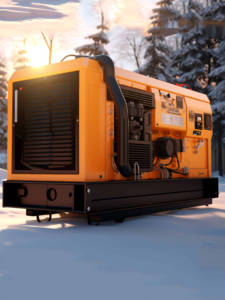
Key Questions to Ask Before Renting
Avoid surprises by clarifying these details with your rental provider:
Fuel Type: Diesel, petrol, or hybrid? Who covers fuel costs?
Delivery & Setup: Is installation included? Are cables/accessories provided?
Maintenance: Who handles refueling and repairs during the rental period?
Noise Restrictions: Does the genset comply with local noise regulations (e.g., 75 dB max for events)?
Insurance: Is damage/theft coverage included?
Cost-Saving Tips for Renting Gensets
Compare Quotes: Get rates from 3–4 providers (include fuel and transport fees).
Rent Longer, Pay Less: Negotiate discounts for weekly/monthly rentals.
Opt for Smart Load Management: Use timers or prioritization to reduce idle runtime.
Bundle Services: Some companies offer discounts on generators, lighting, and HVAC rentals.
When to Buy vs. Rent
Renting makes sense if:
You need power for less than 6 months.
Your project has fluctuating power demands.
Storage or maintenance is a challenge.
Consider buying if:
You require continuous, long-term power (1+ years).
Customization (e.g., soundproofing) is critical.
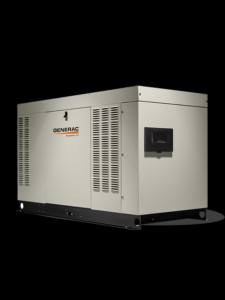
Final Thoughts
Renting a genset is a smart way to balance flexibility, cost, and reliability for temporary power needs. By understanding your requirements, calculating the right size, and partnering with a reputable provider, you’ll keep operations running smoothly—no matter where your project takes you.
Need a genset? Start by assessing your power needs and request quotes from trusted local suppliers today!
